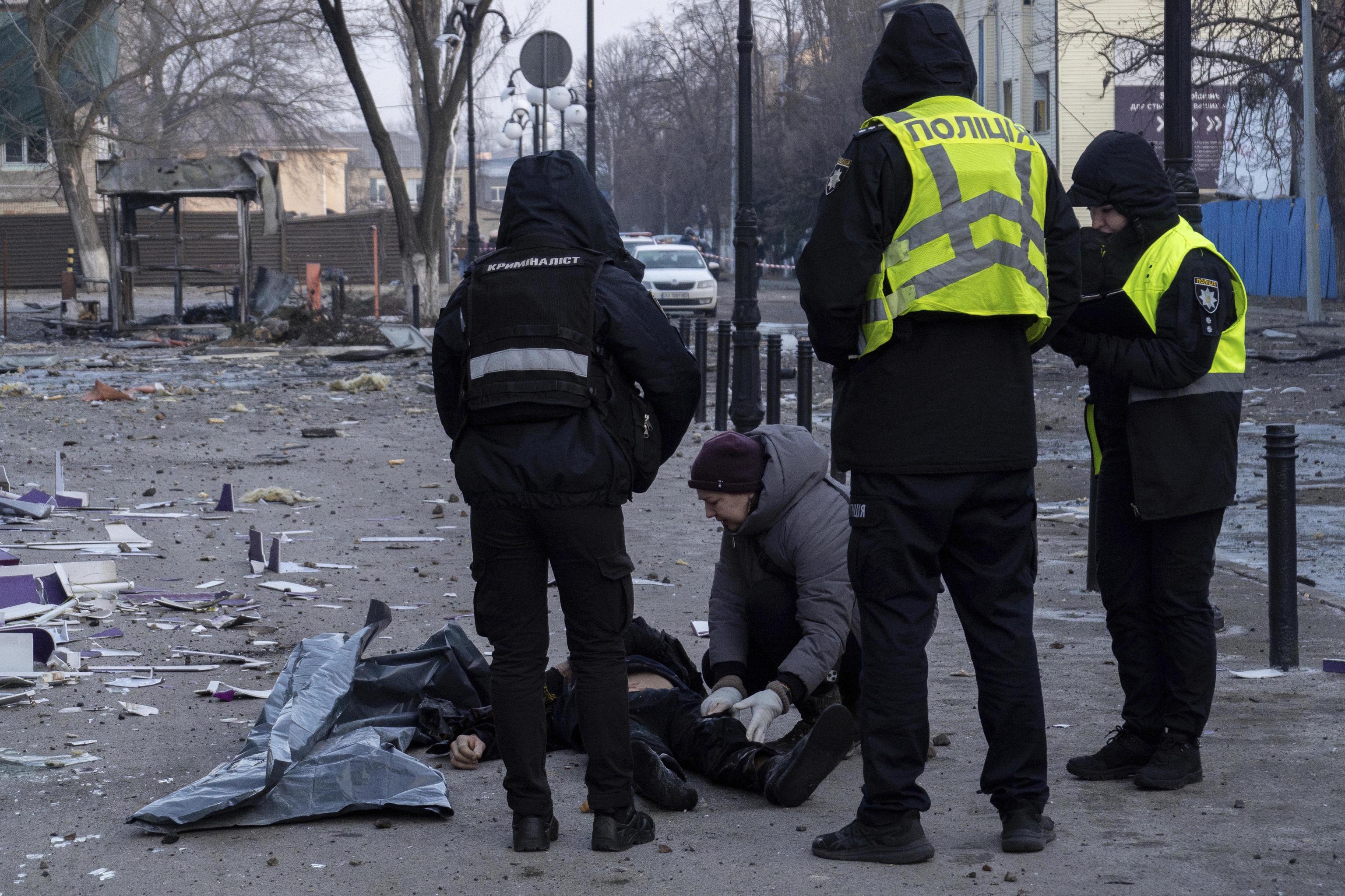On March 1, 2022, facing a European Parliament still in shock from the first days of the Russian invasion of Ukraine, Josep Borrell, the head of European diplomacy, said in his most vibrant speech: "We are witnessing the birth certificate of geopolitical Europe. The EU has become aware of the challenges we face and will use its coercive capacity, the ability to impose."
Almost three years later, that newborn is still babbling in the cradle while, on Russian public television, the usual pundits fantasize every night about atomic bombings on London and armored columns entering Berlin. The return of Trump to power and his agreement with Putin to settle the war in Ukraine highlights that the European king is naked, without leadership, without a common security plan, without a voice or vote in the upcoming world, disregarded by both sides. Europe has lost three precious years. Now it is racing against time and directionless. It took 80 minutes of conversation between Putin and Trump to end 80 years of Atlanticism.
Yesterday, Kaja Kallas, from a family deported by Stalin and now the new EU High Representative, posted a text signed by Spain, Germany, France, Italy, the UK, and Poland on her X account stating that "the independence and territorial integrity of Ukraine are unconditional. Our priority now must be to strengthen Ukraine and offer solid security guarantees." In other words, a text again grandiloquent and pyrotechnic but devoid of content, as it lacks the force, moral, or military power to enforce it. It seems like a childish cry for attention from the adults.
"I am here to express directly and unambiguously that the harsh strategic realities prevent the US from being the main guarantor of security in Europe," said US Secretary of Defense Pete Hegseth on Tuesday. A message that is not new: statements coming from Washington warned years ago that the US was tired of being Europe's policeman, and that the EU needed to invest in its own future to be autonomous. Nothing was done.
Western armies are only experienced in peacekeeping missions, sometimes performing tasks that any NGO could do, but unaware of the total and real war that Europe is experiencing. Ukrainian soldiers trained in several European countries bitterly complain to this reporter that none of them returned to Ukraine knowing how to fly a drone (in Spain, for example, they hardly have drones, and it is illegal to launch one).
They also claim they wanted to receive night combat training, but for example, in Germany, the training grounds closed at seven in the evening and they did not have night vision goggles. Others commented that they wanted to learn how to dig trenches and fortifications, but for example in the UK, you need a special permit for ecological reasons. But then they were deployed on the Ukrainian front, and the enemy used drones, attacked positions at night, and the Ukrainians needed solid trenches that no one had taught them to dig.
Defense budgets of EU partners remain meager, with an almost dismantled military industry and a market where attending arms fairs to acquire boutique armored vehicles (expensive to buy, of little practical use, and unsustainable to maintain for any army) is rewarded.
The difference between Poland (which shares a border with Russia and Belarus and spent 4.12% of its GDP last year) and Spain (which allocated only 1.28%) represents the real gap between a Europe concerned about Moscow's threats and another that sees this Russian aggression (and the management of its ceasefire) as something foreign. It's not just Trump or Putin excluding Europe; there is also a lot of self-exclusion. Mark Rutte, NATO Secretary-General, states that Europe has only five years to rearm.
The Franco-German axis no longer leads. Emmanuel Macron spoke of European autonomy many times, but nothing moved, while Olaf Scholz will go down as one of the most decadent politicians in European history. The agreement between Trump and Putin is a mix of the Munich Pact of 1938 to appease Adolf Hitler and the Ribbentrop-Molotov Pact of 1939 to divide Poland ("rare lands" for one, conquered lands for the other). Under both approaches, Europe is left out of decision-making. Now Europe is entrusted alone to take charge of the security of post-war Ukraine, with 800 kilometers of front line but without being able to activate Article 5 of NATO, that is, without US assistance.
The absurdity is that this strategy invites Putin to move his armies to attack elsewhere while the Ukrainian front remains frozen, with European troops guarding it brought from other fronts. Among the crazy coincidences that can occur is the fact that, for example, Estonian troops are attacked while patrolling in Ukraine, unable to activate Article 5, which could be activated if these same troops were attacked in Estonia. The Institute for the Study of War (ISW) warns: "A freezing of the conflict will free up significant Russian military resources for their participation in another future conventional invasion."
